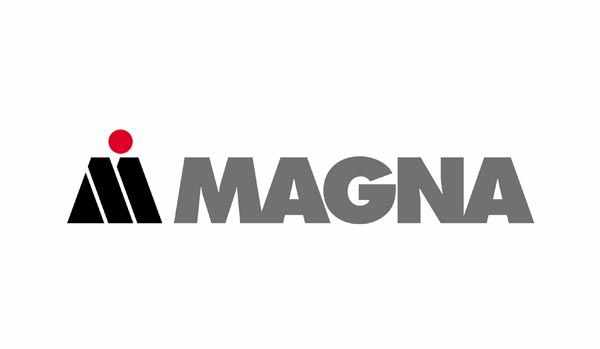
Once you’re done groaning at what’s possibly the worst pun I’ve ever used (which is saying something), you’ll want to follow the jump to read more about what Magna’s got in store for Canada and, indeed, the rest of the world. They might only be responsible for manufacturing parts now, but you can’t make any cars without parts, last I checked—so they most certainly shouldn’t be counted out on those grounds.
Now that our neighbours to the south have effectively eviscerated the Big Three, Ford is the only company left standing in its present form amidst the rubble. Just how the Chrysler/Fiat partnership and the GM restructuring will ultimately shake out remains to be seen. But as much as Henry Ford brought the modern automotive world kicking and screaming into the realm of mass production, so it is the Ford Motor Company who stand shoulder to shoulder with Magna International in forging a bright new future for Canadian auto manufacturing.
With Magna’s recent victory in the battle for Opel, one has to wonder what (if any) effect Magna’s teaming with Ford for an electric car project based on the Focus had on the proceedings. They’ve also spent millions of dollars in acquiring appropriate battery technology from a firm in South Korea, ensuring that their time can be spent innovating as regards the other parts of their vehicle, rather than catching up with existing technology.
So what does all this mean? Magna CEO Frank Stronach is currently asking our government for a loan to assist in the design and manufacturing of this electric car—which would be manufactured wholly in Canada.
That’s right: a wholly Canadian car. “The Canadian Auto Industry” has a nice ring to it, doesn’t it? Even more so if it continues to be a forward-thinking and yet practically-applied industry. With Mitsubishi announcing the cost of their i-Miev at nearly $52,000 CAD upon its impending Japan-only release, it’s clear that the only way the global auto industry can evolve is through competition—such as the vision Magna has for its future.
The most important part is that it isn’t some rosy-painted pipe dream that Magna has got, either. Their current projection sees this car in mass production by 2012—perhaps not as soon as we’d like, but we’re halfway through 2009 now, and Magna hasn’t made entire cars before, so I’d be inclined to cut them a little slack.
Whether or not Magna will be the standard-bearer of a newly-resurrected global auto industry is a story that has yet to unfold—but it’s undoubtedly exciting that they’re coming forward as an innovative and responsive player.

